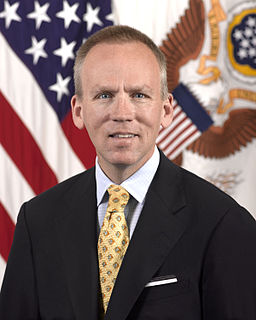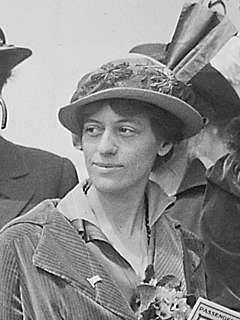A Quote by Cesar Chavez
There are vivid memories from my childhood - what we had to go through because of low wages and the conditions, basically because there was no union. I suppose, if I wanted to be fair, I could say that I'm trying to settle a personal score. I could dramatize it by saying that I want to bring social justice to farm workers.
Related Quotes
There are vivid memories from my childhood-what we had to go through because of low wages and the conditions, basically because there was no union. I suppose if I wanted to be fair I could say that I'm trying to settle a personal score. I could dramatize it by saying that I want to bring social justice to farm workers. But the truth is that I went through a lot of hell, and a lot of people did. If we can even the score a little for the workers then we are doing something. Besides, I don't know any other work I like to do better than this. I really don't.
The whole time I was a union leader, we had to put up with John Howard and Tony Abbott attacking workers' conditions. I'm proud of being a moderate trade union official, working co-operatively between employees and employers. I'm interested in better wages for workers, better safety, job security, and, profitable companies, because I understand that if you get co-operation in the workplace, everyone wins.
If memories were indeed like what a camera records, they could be forgotten, or they could fade so that they are no longer clear and vivid. But it would be difficult to explain how people could have memories that are both clear and vivid while also being wrong. Yet that happens, and it is not infrequent.
The competitive pressure to produce, buy, and sell to our global multi-national companies is so intense that contractors in supply chains are motivated to pay low wages, intensify exploitative conditions, keep workers fearful with insecure work contracts, or simply sack workers who have formed a union to fight back.
How I was raised was, there were no rules - nothing like that. If I wanted to take a drug because I was in school and everybody was doing it, I could go to my parents and say, "I really want to try this." And they'd say, "If you do this, O.K., but this is what can happen to you..." They'd say, "Don't get it in the streets, because it could be really bad and make you freak out. Don't take it in a crowded place, because you'll panic."
If you go from $7 to $15 in a very short period of time, potentially that could have a negative effect on some economies because that is a very big jump. And you're saying to businesses that employ a large number of minimum wage workers, your payroll is basically going to double. That could have a negative impact. It would have to be studied.
I remember with strong feelings the families who joined our movement and paid dues long before there was any hope of winning contracts. Sometimes, fathers and mothers would take money out of their meager food budgets just because they believed that farm workers could and must build their own union. I remember thinking then that with spirit like that... we had to win. No force on earth could stop us.
Even if you've gone through an average childhood, you have girlfriends who get pregnant and then have to choose whether or not to have a child. And this stuff certainly makes you think about what you're taking on. I certainly want to have children, but I could never do it until I felt I loved myself enough, and wanted to bring someone into the world because I had some kind of security.
Through that organization [Community Service Organization], I met Cesar Chavez. We had this common interest about farm workers. We ultimately left CSO to start the National Farm Workers Organization, which became the United Farm Workers. I was very blessed to have learned some of the skills of basic grassroots organizing from Mr. Ross and then be able to put that into practice in both CSO and the United Farm Workers.
To the extent that our workers compete with low-paid Mexicans, it is as much through undocumented immigration as trade. This pattern threatens low-paid, low-skill U.S. workers. The combination of domestic reforms and NAFTA-related growth in Mexico will keep more Mexicans at home. It is likely that a reduction in immigration will increase the real wages of low-skilled urban and rural workers in the United States.


































